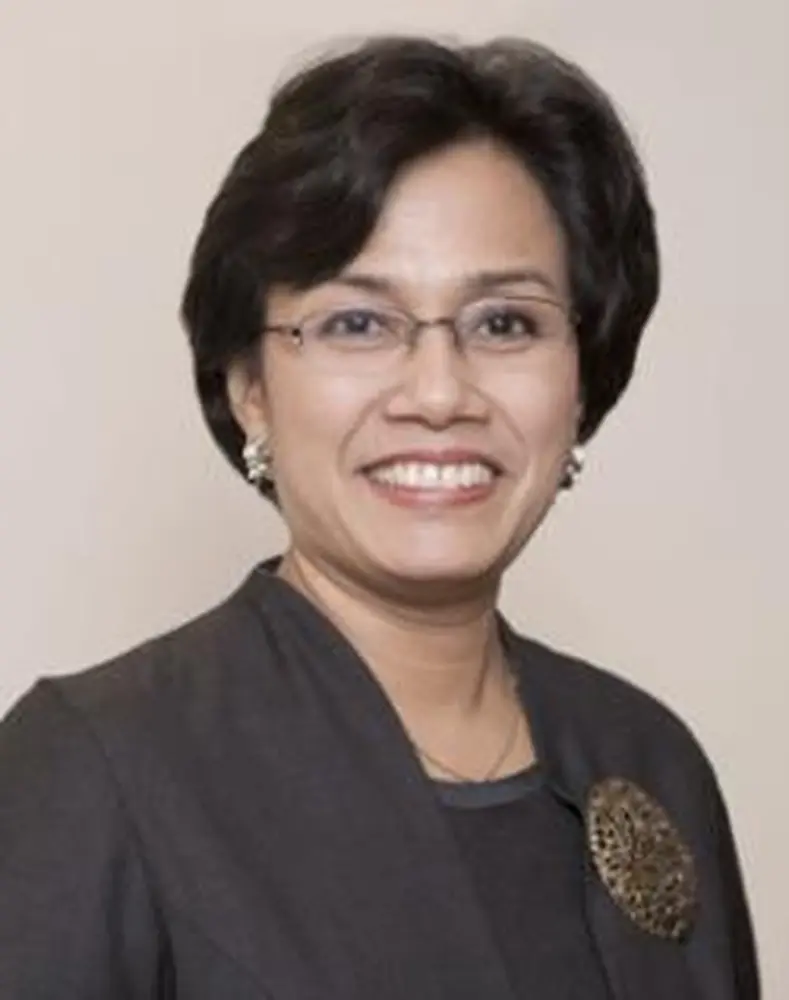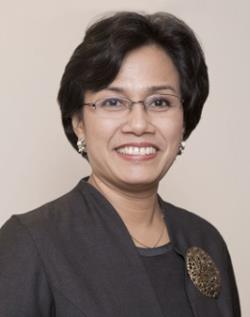

When Sri Mulyani Indrawati came to U of I in 1988 to obtain her PhD in economics, the world was still gripped by the Cold War and emerging economic giants such as Brazil, Russia, India, and China—the so-called BRIC countries—had no voice in world economic decisions.
Today, the world and Indrawati’s place in it have changed dramatically. The BRIC countries are a driving force in the world economy, and Indrawati, as one of the World Bank’s three managing directors, is trying to help other emerging economies achieve success.
During her recent visit to the U of I campus to accept the 2011-12 Sheth International Alumni Award for Exceptional Achievement, Indrawati talked specifically about the role in the global recovery of the BRIC countries and the 82 other countries defined by the World Bank as “middle income.” The profound shift in economic growth from developed economies to emerging ones, particularly in Asia, she says, is driving the global economy and its recovery.
“China is on its way to becoming the world’s largest economy, with an average growth rate of almost 10 percent for 32 years,” says Indrawati, as a way of explaining why the world needs to pay attention to the continued development of these middle-income countries. “Their share of GDP has grown from less than 18 percent in 2001 to almost 33 percent in 2010.”
Described by Forbes magazine as one of the world’s most powerful women, Indrawati has a reputation as the tough-minded reformer. During her five years as finance minister of Indonesia from 2005-2010, she slashed debt, oversaw sweeping reforms of customs and tax authorities, and helped Southeast Asia’s largest economy get on track to become one of the world’s fastest growing.
“Middle income” as defined by the World Bank, applies to countries that have escaped dire poverty yet still harbor one-third of the world’s population living on less than $2 per day. The average yearly income is only between $3,000 and $5,000.
Many economists believe that countries that climb from low- to middle-income status become trapped there, lacking the tools for continued upward growth. Indrawati disagrees, and sees several factors as influential. Countries that escape the middle-income trap grow quickly, with growth creating a momentum that fuels further growth, says Indrawati. Also, income grows at all levels and the economies become more productive by shifting from agriculture to industry, and then from industry to higher value-added manufacturing and service sectors. India’s move into information technology is an example of the latter, she says.
Successful countries routinely invest in research and education, are export-oriented and have low rates of inflation (10 percent or lower), she continues. They reduce uncertainty, provide access to capital, improve the infrastructure to aid in urbanization, and reform their bureaucracies so that they facilitate, rather than constrain, growth.
One of the most important factors for economic growth once countries reach middle-income status, believes Indrawati, is having a socially-committed middle class. As this class expands, they provide a market for sophisticated growth. However, the class is a hindrance if it imitates the wealthy by isolating itself from the poor. If they, for example, send their children to private schools, they stop identifying with the state and are no longer vested in reform and good governance. “You get the succession of the successful,” says Indrawati.
By Holly Korab


